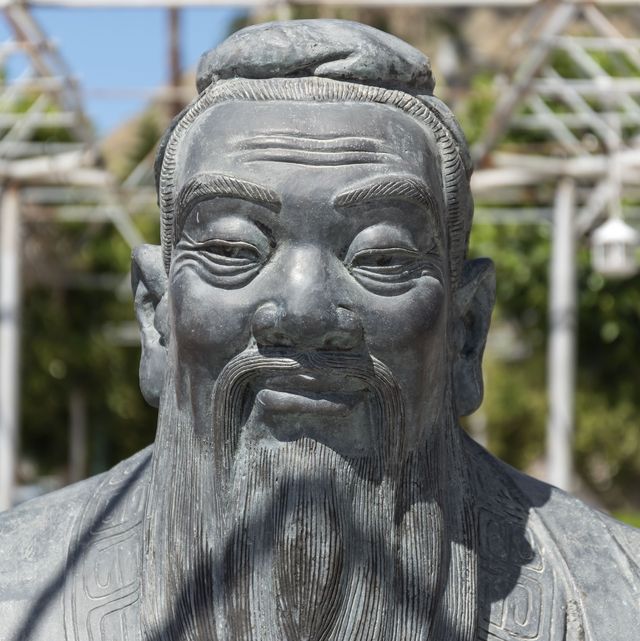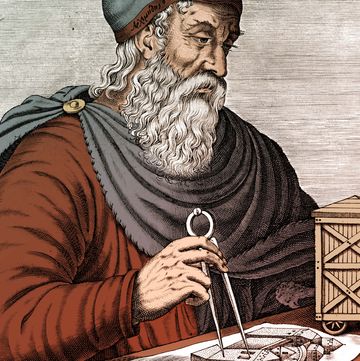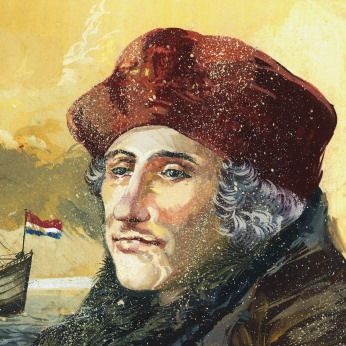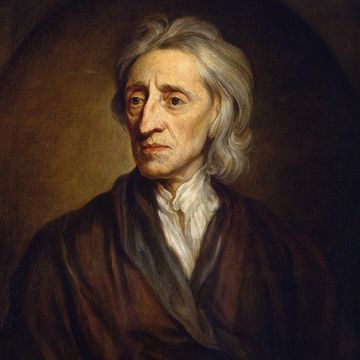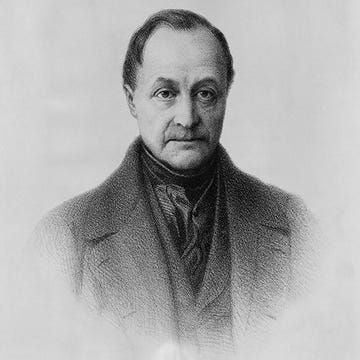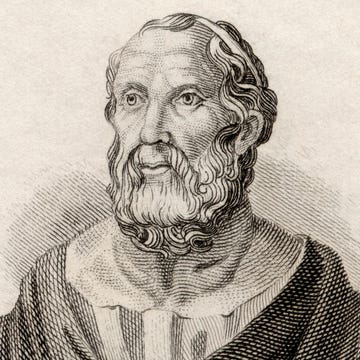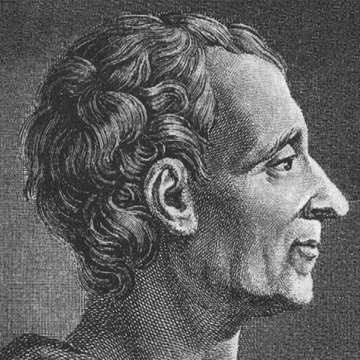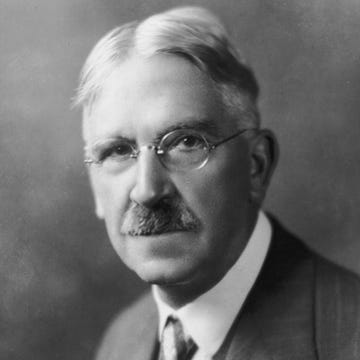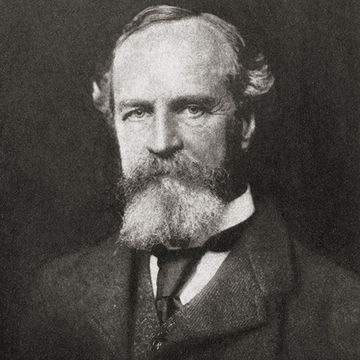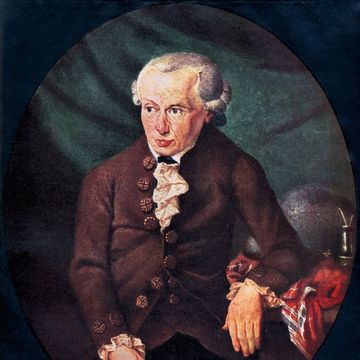551 BCE–479 BCE
Quick Facts
NAME: Confucius
BORN: 551 BCE
DIED: 479 BCE
BIRTHPLACE: Qufu, China
Who Was Confucius?
Confucius, also known as Kong Qiu or K’ung Fu-tzu, was a Chinese philosopher, teacher and political figure. His teachings, preserved in the Analects, focused on creating ethical models of family and public interaction and setting educational standards. After his death, Confucius became the official imperial philosophy of China, which was extremely influential during the Han, Tang and Song dynasties.
Early Life and Family
Confucius was born probably in 551 B.C. (lunar calendar) in present-day Qufu, Shandong Province, China.
Little is known of Confucius’ childhood. Records of the Historian, written by Ssu-ma Chi’en (born 145 B.C.; died 86 B.C.) offers the most detailed account of Confucius’ life. However, some contemporary historians are skeptical as to the record’s accuracy, regarding it as myth, not fact.
According to Records of the Historian, Confucius was born into a royal family of the Chou Dynasty. Other accounts describe him as being born into poverty. What is undisputed about Confucius’ life is that he existed during a time of ideological crisis in China.
Confucianism
Confucianism is the worldview on politics, education and ethics taught by Confucius and his followers in the fifth and sixth centuries B.C. Although Confucianism is not an organized religion, it does provide rules for thinking and living that focus on love for humanity, worship of ancestors, respect for elders, self-discipline and conformity to rituals.
As of the fourth century B.C., Confucius was regarded as a sage who had deserved greater recognition in his time. By the second century B.C., during China’s first Han Dynasty, his ideas became the foundation of the state ideology. Today Confucius is widely considered one of the most influential teachers in Chinese history. The philosophies are still followed by many people living in China today and has influenced thinking in Japan, Korea and Vietnam.
Confucius’ Beliefs, Philosophy and Teachings
During the sixth century B.C., competing Chinese states undermined the authority of the Chou Empire, which had held supreme rule for over 500 years. Traditional Chinese principles began to deteriorate, resulting in a period of moral decline. Confucius recognized an opportunity — and an obligation — to reinforce the societal values of compassion and tradition.
The Golden Rule
Confucius’ social philosophy was based primarily on the principle of "ren" or "loving others" while exercising self-discipline. He believed that ren could be put into action using the Golden Rule, "What you do not wish for yourself, do not do to others." (Lunyu 12.2, 6.30).
On Politics
Confucius’ political beliefs were likewise based on the concept of self-discipline. He believed that a leader needed to exercise self-discipline in order to remain humble and treat his followers with compassion. In doing so, leaders would lead by positive example. According to Confucius, leaders could motivate their subjects to follow the law by teaching them virtue and the unifying force of ritual propriety.
On Education
Confucius’ philosophy of education focused on the "Six Arts": archery, calligraphy, computation, music, chariot-driving and ritual. To Confucius, the main objective of being an educator was to teach people to live with integrity. Through his teachings, he strove to resurrect the traditional values of benevolence, propriety and ritual in Chinese society.
Books by Confucius
Confucius is credited with writing and editing some of the most influential traditional Chinese classics.
‘Analects of Confucius’
Lunyu, which sets forth Confucius’ philosophical and political beliefs, is thought to be compiled by his disciples. It is one of the "Four Books" of Confucianism that Chinese philosopher Zhu Xi, a self-proclaimed Neo-Confucian, published as Sishu in 1190. Far-reaching in its influence, Lunyu was later translated into English under the title The Analects of Confucius.
Other books by Confucius include a rearrangement of the Book of Odes as well as a revision of the historical Book of Documents. He also compiled a historical account of the 12 dukes of Lu, called the Spring and Autumn Annals.
Death
Confucius died on November 21, 479 B.C. in Qufu, China, a year after losing his son, Tzu-lu, in battle. At the time of his death, Confucius was convinced that his teachings had not made a significant impact on Chinese culture, even though his teachings would go on to become the official imperial philosophy of China. His followers held a funeral and established a mourning period in his honor.
Fact Check: We strive for accuracy and fairness. If you see something that doesn't look right, contact us!
